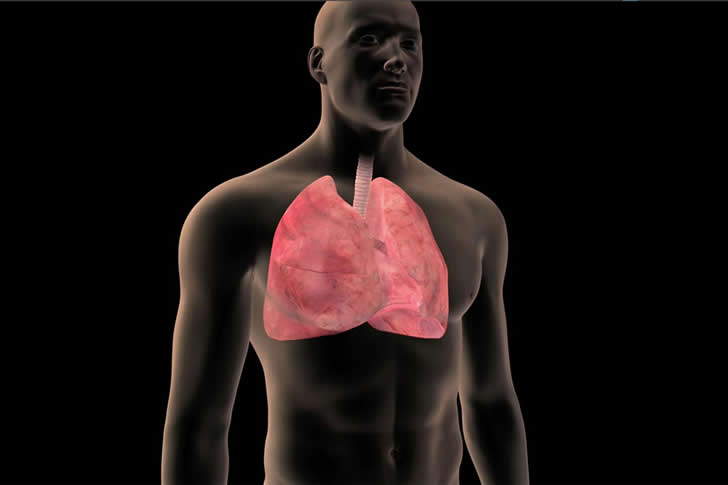How to Navigate the Emotional Aftermath of Lung Cancer
The journey of confronting lung cancer extends beyond the physical realm; it’s intricately intertwined with a myriad of emotions. From diagnosis to treatment and post-treatment, the emotional aftermath can be as challenging to navigate as the medical journey itself. Recognizing, addressing, and managing these emotions can play a pivotal role in overall well-being and recovery.

Lung cancer, like any significant health challenge, can invoke feelings ranging from shock, anger, and denial to acceptance, hope, and gratitude. As one traverses through the phases of the disease, it’s natural for the emotional landscape to evolve. However, being equipped to low price with these emotions can make a profound difference in the quality of life and the overall healing process.
First and foremost, acceptance is paramount. It’s natural to question “Why me?” or to feel anger at the diagnosis. While these emotions are valid, staying in this phase for prolonged periods can hinder the healing process. Embracing the reality, albeit painful, is the first step towards forward movement. Acceptance doesn’t mean resignation; it means acknowledging the situation and then looking for ways to cope and thrive.
Open communication is essential. Bottling up feelings or putting up a brave face might seem like the easier route, but in the long run, it can be detrimental. Speaking openly with loved ones, sharing fears, concerns, and hopes can be therapeutic. They might not always have the answers, but just the act of vocalizing feelings can bring relief.
Professional help is invaluable in this journey. Psycho-oncology, a field that addresses the emotional and psychological needs of cancer patients, offers specialized care. Therapists in this domain are trained to understand the unique challenges posed by cancer and can provide coping mechanisms, therapeutic interventions, and a safe space to process emotions.
Engaging in activities that cultivate inner peace can be immensely beneficial. This might include mindfulness practices, yoga, or simply spending time in nature. Activities that resonate on a personal level and provide a sense of calm can act as anchors during turbulent emotional times.
Building a support system plays a vital role in emotional well-being. Whether it’s family, friends, or support groups, surrounding oneself with understanding individuals can make the journey less isolating. Support groups, in particular, offer the dual benefit of shared experiences and practical insights.
The emotional aftermath of lung cancer is a profound journey, laden with ups and downs. Recognizing that it’s okay to seek help, to feel a spectrum of emotions, and to prioritize mental well-being is essential. With the right support, tools, and mindset, one can not only navigate this aftermath but also emerge with newfound strength and resilience.







Recent Comments